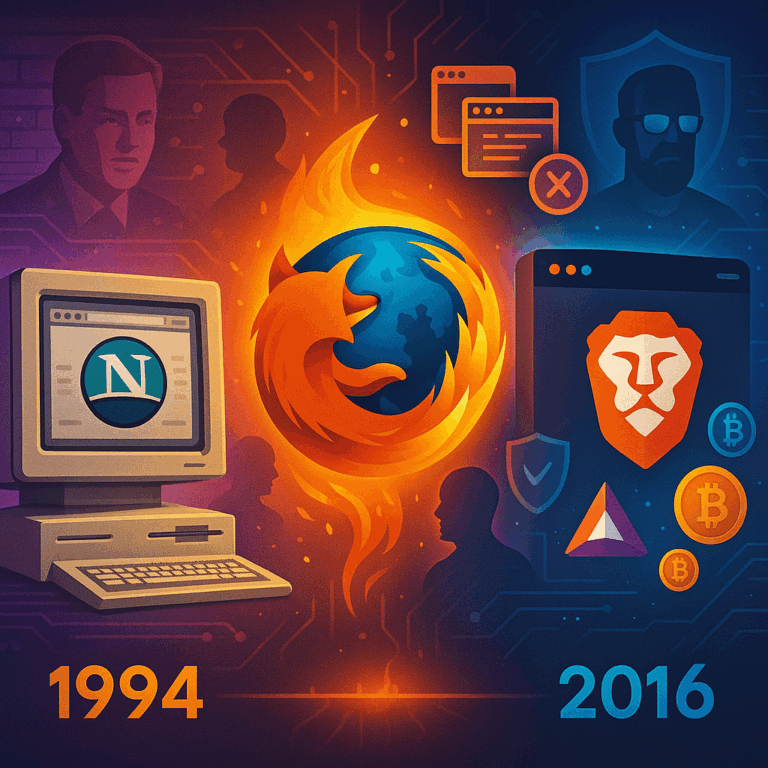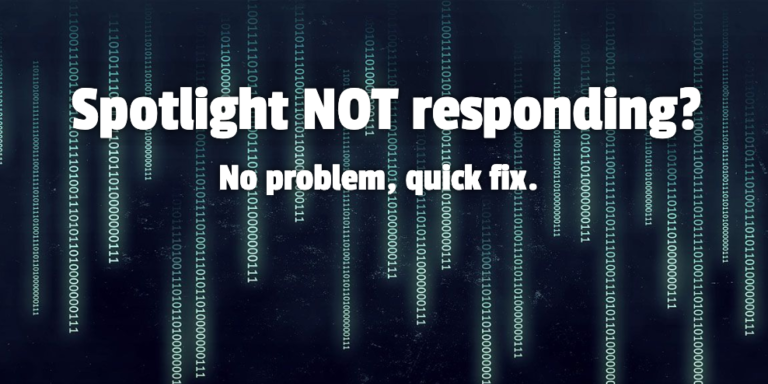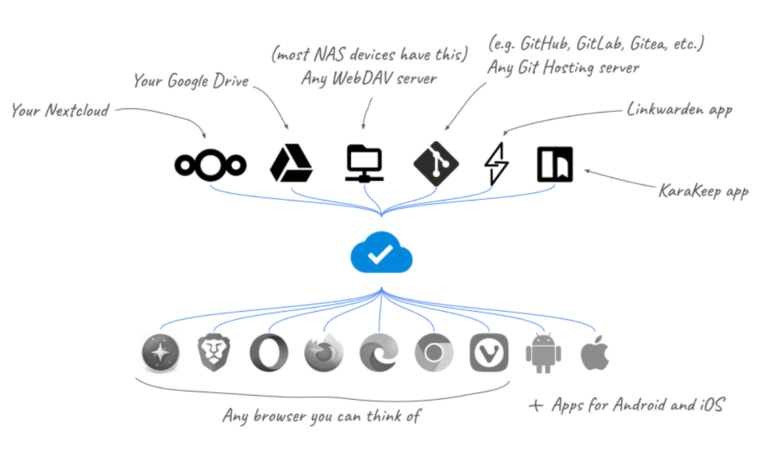
So, anyone could elaborate on this – there are HUNDREDS of pointers people could insert into this that would better the post. This is simply a one shot write-up with some general tips. Like anything else in life, if you want to be more secure, do some research, get lots of advice/opinions and come up with what works best for you.
This day and age, we’re faced with a relentless onslaught of fishing attempts, scams, virus’, spyware, etc – all in an attempt by “bad guys” to gain access to our private information. If they succeed, the damage can range from the minor inconvenience of lost access to your Pandora account all the way up to having your customers financial information stollen. That being said, there are some SIMPLE rules that can help you avoid these situations.
Tips and Tricks for staying safe online:
1. Keep your passwords SAFE. White writing your passwords down on a bit of paper at your desk may be convenient – its the hallmark way for people to gain access to your information. Not only does it expose the account you have written down, but it gives someone a starting point for gaining access to your other accounts. There are a LOAD of free tools on the internet designed to keep your passwords safe, make them easily available, and protect your information.
Some free password management tools:
– www.PassPack.com
– www.Clipperz.com
– www.KeePass.info
– www.Dashlane.com (Free to start)
Some PREMIUM password managers (I would HIGHLY recommend using these):
– LastPass.com
– www.DashLane.com (Free up to 50 passwords)
2. Use STRONG passwords. This is a big one, and its fairly obvious. But we all know someone who uses passwords that are either SUPER weak or easily guessable. A strong password is your first line of defense against a breach. Strong passwords should follow these rules:
– Your password should not be guessable just by knowing some personal information about you.
– Don’t use real world data in your passwords. This includes peoples names you know, your family members names, your address, phone numbers, dates, etc.
– A strong password should have a seemingly random nature that makes NO sense to anyone but you. For example – if you HATE cates, a password like “weLOVEhisC@T_3” could be a strong password for you.
– Use special characters, capital letters, lower case letters, numbers, and mix them into words for added randomness.
– Dont recycle passwords. I know, its hard to remember sometimes but – use a password manager from step 1 and you won’t have this problem. And – its good for your brain to do things its bad at, like remembering passwords 🙂
3. Ignore the spam. This is the biggest trap we see people falling into. Here is the scenario – you get an email from “Microsoft” saying your account needs to be updated, or your billing information has an issue – and right away we think “Oh no – I don’t want my email to stop working”. The SAFEST way to react to this email is to DELETE THE EMAIL (NOT CLICKING ANY LINKS) and reach out to your IT professional. You are NOT saving them any time or frustration by going and “Dealing with this yourself”. This isn’t your job and 99 times out of 100, its spam that is trying to capture your password so they can gain access to your email/accounts.
4. Do the update, now. These days, software development is king. Companies like Google, Microsoft, Applet, Amazon, etc – all make their money by developing software that we use every day. Lots of the updates to these applications are functionality based, but LOTS of them are also security based. These companies do a fairly great job at protecting their user base from exploitation by patching security holes in their software as fast as they can. These patches can help keep us productive by insulating our computers from potential threats preemptively,.
5. Click Smart. Its very easy to find yourself on a site or in an email thats not what you think it is. Before you know it your on a site asking you for your XYZ password to fix some fictitious problem. Pay attention to what your doing, if you get an email from someone claiming to be from “Microsoft” or the “IRS” and they are using an AOL address, that should be a dead giveaway that its BS. If I showed up at your house wearing a ski mask and said I was with the police and just needed a quick look at your safe – would you let me?
6. Keep your guard up. Always be cautious about what you do online, which sites you visit, and what you share. Use comprehensive security software, and make sure to backup your data on a regular basis in case something goes wrong. By taking preventative measures, you can save yourself from headaches later on.
7. Microsoft, the IRS, and other big companies won’t call you. This is a big one. Lots of people I know – know someone or have had this happen to them. You get a phone call from someone saying they are from XYZ company and that they have noticed your PC has a virus. They remote into your PC, run some “Software” and now you owe them money. In most cases, they steal your information, install some remote admin tools on your system to compromise the security of your computer, and cause more problems. If you get a call from someone you don’t know saying you have a computer problem, hang up and call your IT professional. (Another common one is someone claiming to be the IRS calling to collect money – these are all, 100% scams. Talk to your accountant or call the IRS directly if you are concerned)
Like I said, you could go on and on with tips and tricks, these just jumped out at me this morning for one reason or another. Stay safe, do research, and… change your damn password!





